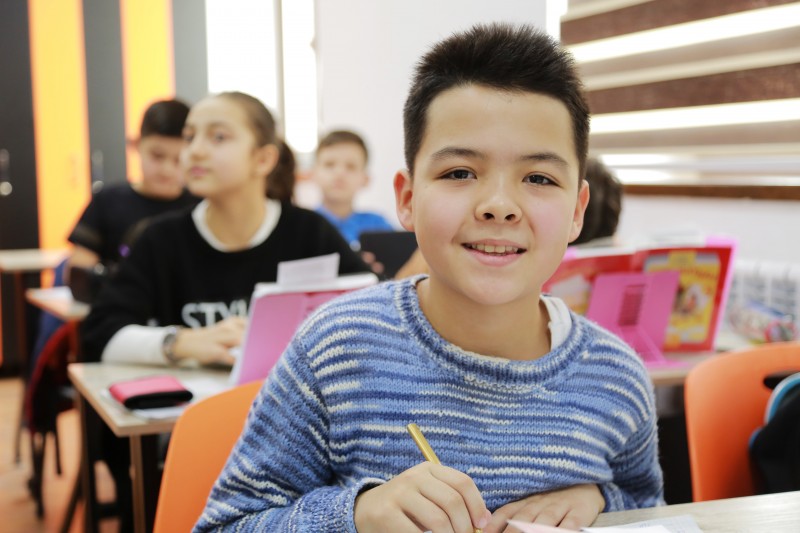The Rhythm for Reading blog
Temenos and Safety in School
1 July 2020
We often hear about the dangers of cyberspace, where cyber-bullying is rife and children are vulnerable. Now imagine for a moment the relief of reaching the ultimate refuge. Temenos is a Greek concept that describes a sanctuary, a space of absolute safety and harmonious balance, where individuals uphold an immutable self-respect and where criticism and judgment are suspended.
Enshrined in the liberal arts, the principle of temenos allows an idea to be fully explored, expressed and scrutinised. Commitment to freedom of expression is important because the nuances and finer points of an idea are likely to subtly unfold towards the end of the process. The idea can then be better appreciated and understood.
An embryonic form of these creative principles can be found in classrooms: children are encouraged to share and express their experiences, but subconsciously they are also developing an awareness of how others are learning, building friendships and regulating impulses. Teachers patiently foster an atmosphere that enshrines socially desirable values.
This matters very much because school and home environments often offer children a jarring misalignment of values, ways of being and expectations of behaviour. For example, there is parity between academic expectations of girls and boys at school and equality of opportunity for children with disabilities, whereas the home environment is not necessarily attuned to these principles. English is the language spoken at school and it is there that children learn that they must listen when others speak to them and to respect others, even if they disagree with them.
Many urban schools celebrate incredible diversity. With more than 30 languages spoken in some schools, it is essential that children interact with their friends, their teachers and grow to know themselves as an important part of their school community. The school powerfully and sensitively shapes the child’s social development beyond the curriculum in fundamental ways, from teaching children to speak English, providing a hot meal in the middle of the day, accessing basic needs, ensuring a safe place to play, to run, to sing, to dance, to write poetry, as well as to let off steam. Schools can have a profoundly positive influence on children’s well-being and emotional security every single day.
The child’s desk in the classroom is an important vantage point from which they experience a multimodal, dynamic environment that is responsive to their social and emotional needs. If they are uncertain about something, help is at hand. There are flows of information, laughter, ideas and inspiration as well as discipline and firm boundaries that provide the necessary respect for all of this to work so beautifully. It is within this consistent structure that children learn to discover who they are and who they might become, particularly when they eventually leave their home environment.
School is a safe and potentially sacred space where children discover who they are within the school community, and more broadly within society.
